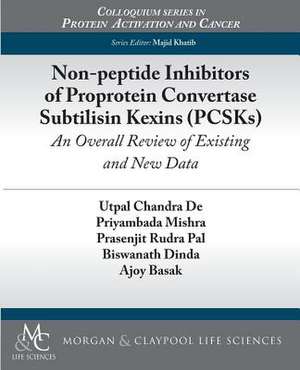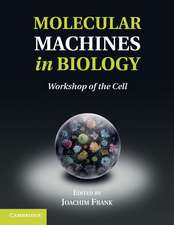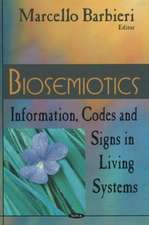Non-Peptide Inhibitors of Proprotein Convertase Subtilisin Kexins (Pcsks): An Overall Review of Existing and New Data: Colloquium Series on Protein Activation and Cancer
Autor Utpal Chandra De, Priyambada Mishra, Prasenjit Rudra Palen Limba Engleză Paperback – 30 sep 2012
Preț: 277.04 lei
Nou
Puncte Express: 416
Preț estimativ în valută:
53.02€ • 55.28$ • 44.06£
53.02€ • 55.28$ • 44.06£
Carte tipărită la comandă
Livrare economică 21 martie-04 aprilie
Preluare comenzi: 021 569.72.76
Specificații
ISBN-13: 9781615044740
ISBN-10: 1615044744
Pagini: 76
Dimensiuni: 191 x 235 x 4 mm
Greutate: 0.15 kg
Editura: Morgan & Claypool
Seria Colloquium Series on Protein Activation and Cancer
ISBN-10: 1615044744
Pagini: 76
Dimensiuni: 191 x 235 x 4 mm
Greutate: 0.15 kg
Editura: Morgan & Claypool
Seria Colloquium Series on Protein Activation and Cancer








